Civ 7 Redefines What it Means to Be a Leader
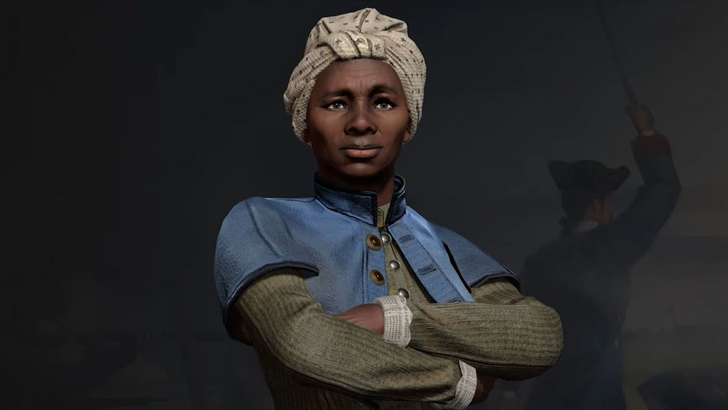
Civilization's leaders are as iconic as the civilizations themselves. Firaxis' approach to selecting national representatives has evolved significantly over the years. This article explores the evolution of Civilization VII's leader roster and how it redefines leadership.
← Return to Sid Meier's Civilization VII main article
Civ VII: A New Era of Leadership
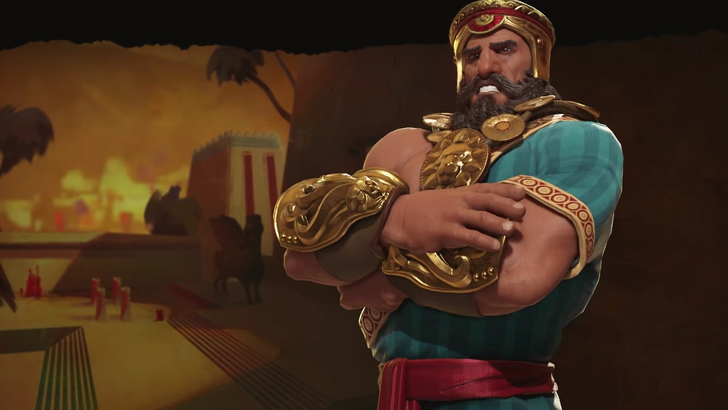
Leaders have always been central to the Civilization series, defining each civilization's identity since the first game. Their role remains crucial, yet their representation has diversified with each installment. This evolution reflects a broadening understanding of leadership and its impact on gameplay.
This article traces the history of Civilization's leaders, analyzing the changes in each iteration and how Civilization VII presents a unique and diverse selection.
Early Civilization: A Focus on Global Powers
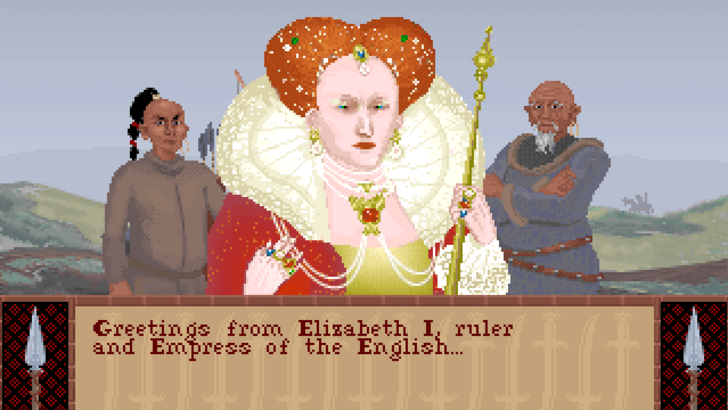
The original Civilization featured a relatively small roster, predominantly composed of established global powers and historical figures from the early 1990s and antiquity. The 15 civilizations included familiar names like America, Rome, Greece, and China. Leadership was straightforward: leaders were historical heads of state. The selection prioritized widely recognized figures, resulting in leaders such as Abraham Lincoln, Tokugawa Ieyasu, and Julius Caesar. While understandable given the game's era, this approach lacked the diversity seen in later iterations.
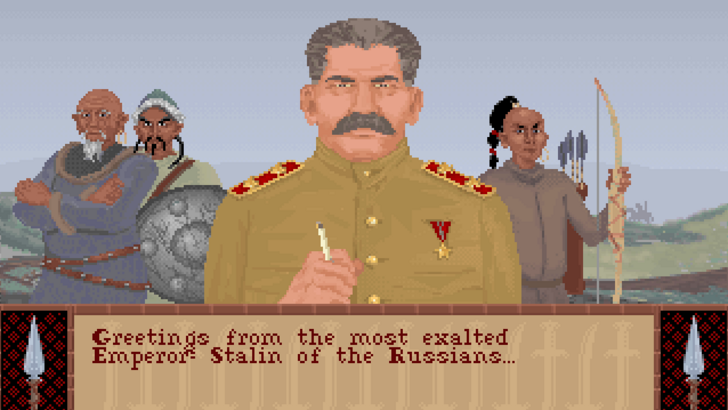
The roster included figures like Mao Zedong and Joseph Stalin, alongside Elizabeth I as the sole female leader. This reflects the limited perspectives of the time, but subsequent games expanded upon this foundation.
Civilization II - V: Expanding the Definition of Leadership
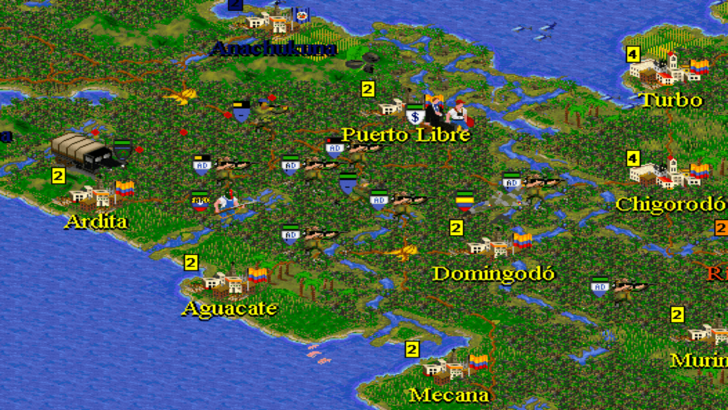
Civilization II expanded the roster and included lesser-known powers, introducing a separate female leader roster. The definition of "leader" broadened to encompass influential figures beyond heads of state, such as Sacagawea and Amaterasu.
Civilization III integrated female leaders into the main roster, with notable examples like Joan of Arc and Catherine the Great replacing their male counterparts.
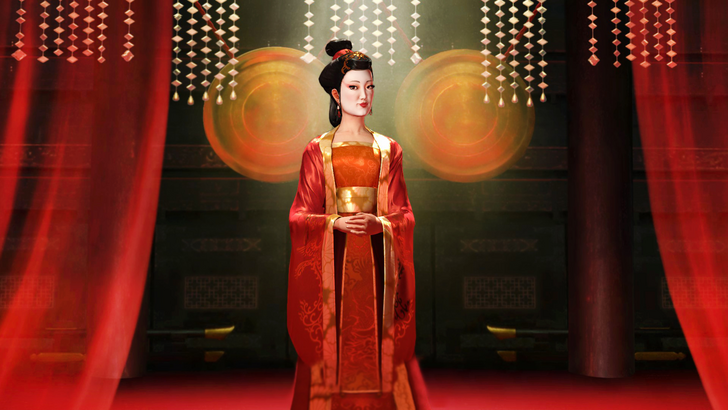
Civilization IV and V further expanded the roster and the definition of leadership. Revolutionaries, generals, and reformers became common, with major civilizations often featuring multiple leaders. This shift reflected a broader narrative, encompassing a wider range of historical figures.
Civilization VI: Characterization and Diversity Take Center Stage
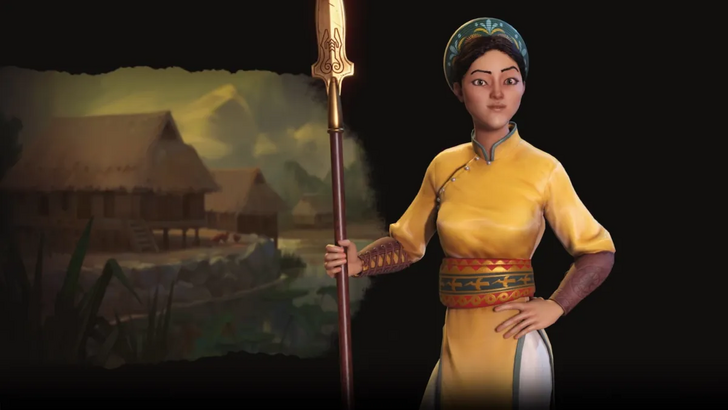
Civilization VI emphasized characterization, diversity, and creative representation through stylized animated portraits. The introduction of Leader Personas—alternative versions of the same leader—added further depth and variety to gameplay. The roster included lesser-known figures like Lautaro and Bà Triệu, representing diverse cultures and perspectives.
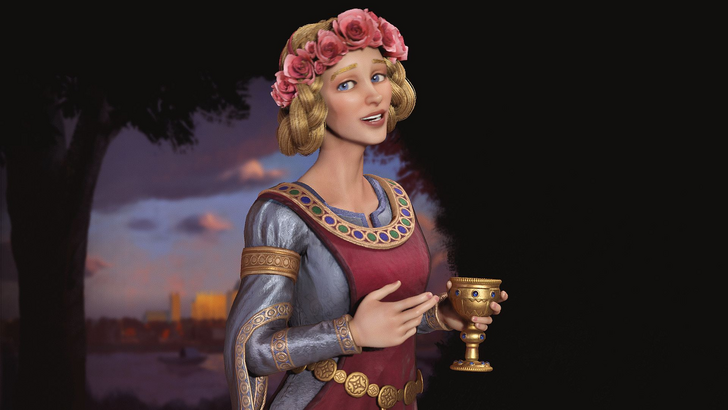
The concept of multiple leaders for a single civilization emerged, exemplified by America (Lincoln and Roosevelt) and China (Qin Shi Huang, Wu Zetian, and Yongle). Leader Personas for existing leaders added further depth to gameplay.
Civilization VII: A Bold New Approach
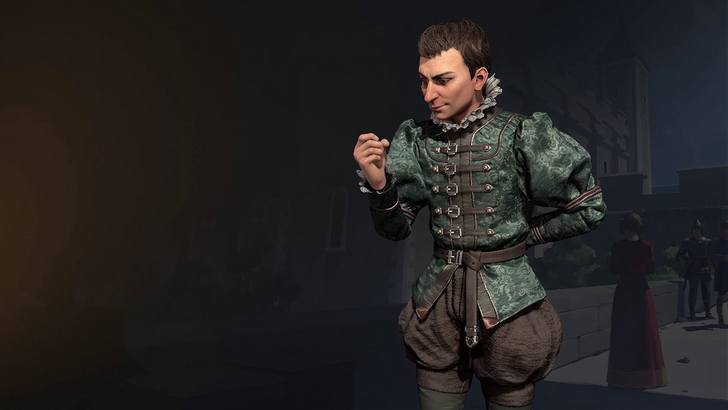
Civilization VII represents the culmination of this evolution. It features the most diverse and creative roster yet, with unconventional leaders, multiple personas, and carefully curated selections for varied playstyles. The mix-and-match approach to civilizations and leaders allows even lesser-known figures to take center stage.

Harriet Tubman's inclusion is a significant example, reflecting a broader representation of historical figures. Other notable additions include Niccolò Machiavelli and José Rizal, highlighting diverse leadership styles and perspectives.
Over nearly 30 years, Civilization's leader selection has evolved from a focus on established global powers to a diverse and inclusive representation of historical figures, reflecting a richer understanding of leadership and its impact on history.
← Return to Sid Meier's Civilization VII main article
Sid Meier's Civilization VII Similar Games
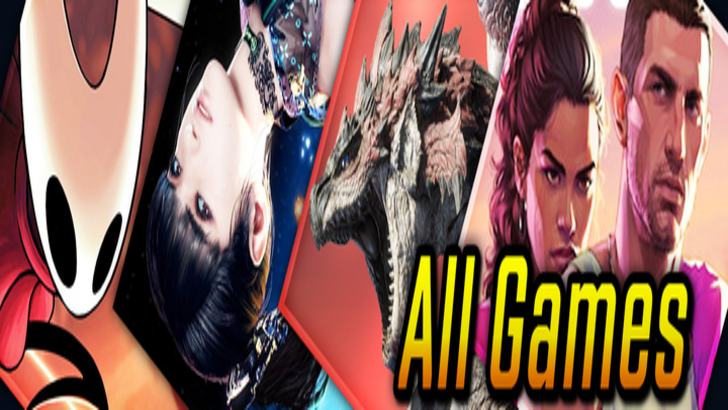
- 1 Pokémon GO Set To Roll Out Safari Ball In The Wild Area Event 2024 Nov 10,2024
- 2 Marvel's Spider-Man 2 Swings to PC in January 2025 May 26,2023
- 3 Black Myth: Wukong Review Fallout Nov 13,2024
- 4 Tomorrow: MMO Nuclear Quest Is a New Sandbox Survival RPG Nov 15,2024
- 5 GTA 6 Raises The Bar and Delivers on Realism Beyond Expectations Nov 10,2024
- 6 Roblox Ban in Turkey: Details and Reasons Mar 10,2024
- 7 Final Fantasy XVI PC Port Falls Short Nov 14,2024
- 8 Dragonite Cross-Stitch Captivates Pokémon Enthusiasts Nov 08,2024
-
Best Racing Games to Play Now
A total of 10
-
Explore the World of Shooting Games
A total of 10
-
Best Free Simulation Games for Your Android Phone
A total of 4


